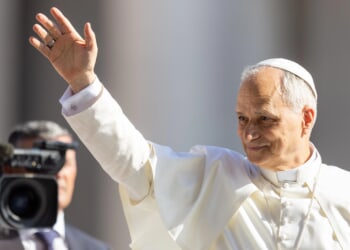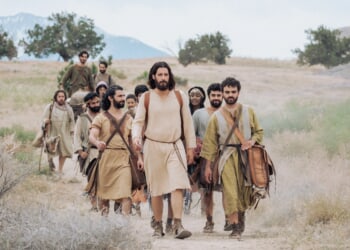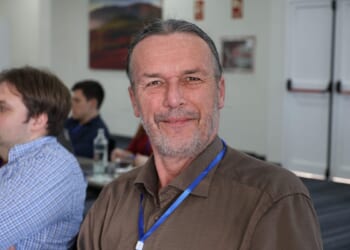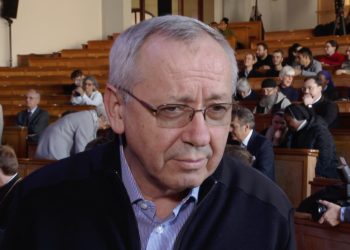CNA Staff, Jun 15, 2025 /
06:00 am
At 8 years old, Minnesota native Joe Masek was exposed to pornography for the first time and went on to struggle with an addiction to it for 23 years. Through a series of actions he finally gained freedom and after experiencing a calling to help other men, he founded a ministry called The Freedom Group in 2023.
About 100 men have gone through the ministry’s program each year since then. The group uses a 12-month training system as well as additional courses and retreats to help men break free from porn addiction.
The Porn Free training system includes weekly coaching calls with a Freedom Coach, group coaching calls, performance and mindset coaching, simple daily habits to build discipline and rhythm, access to an app to connect and track progress, and more. There are also several courses that help individuals understand the neurological aspect of addiction and how to rewire the brain.
Based in the Twin Cities, The Freedom Group also offers individuals the opportunity to attend nature retreats, where they are encouraged to encounter God and themselves in a deeper way. Through guided reflections, group sessions, time alone, and physical adventure, participants learn how to live free from their addiction and become grounded in their true purpose.
Masek, now 32, said he was first exposed to porn while using Limewire, an audio file downloading program used during the early 2000s. Believing he was downloading a music file, he ended up downloading a video file that contained pornographic images.
Around the same time, Masek was also sexually abused by an older peer.
“As a young 7-, 8-year-old kid, I experienced all the symptoms [that] now that I understand and we understand as adults trying to help other people in that same sort of way — a lot of sort of disconnection in my own experience of who am I and feeling dirty and worthless, but also looking for it and starting to have seeking behavior,” he told CNA in an interview.
He shared that the rest of his upbringing was “really good.” He grew up in a middle-class family who attended church every Sunday and he was very involved in youth group. But as he got older, he began to experience an “ever-increasing sort of dichotomy through faith life and this hidden life.”
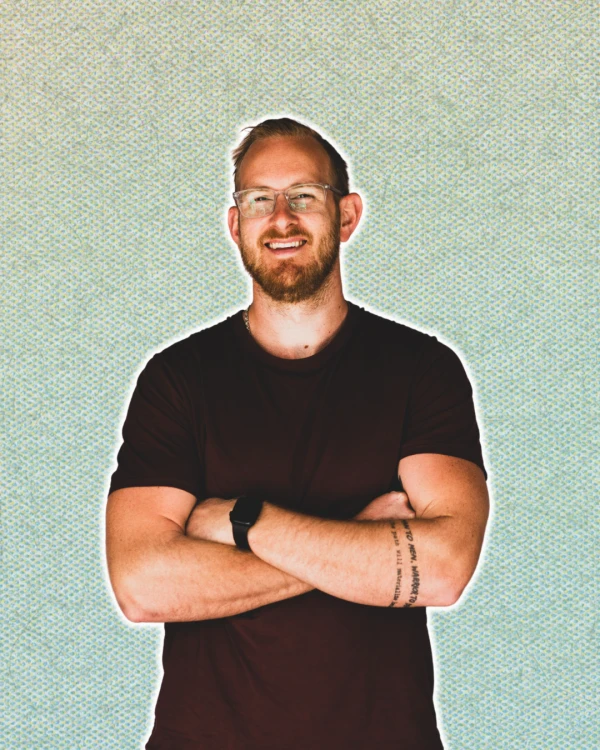
It wasn’t until college that Masek found himself in a men’s group that was addressing sexual issues and was able to share his story in depth, releasing the “10,000-pound gorilla off my back.”
“So this was my first introduction to shame flowing out the front door of the house of my heart and it was massive for me,” he recalled.
Soon afterward he went on a retreat and had his first confession in years, which he said was “a powerful experience.”
However, Masek continued to struggle — experiencing periods of sobriety and then turning back to his addiction. After years of trying everything he could, he started to piece together everything he was learning and experiencing into what is now the approach used in The Freedom Group.
“In a three-month span, I went from basically a two- to three-week cycle where I felt like I hit a wall and couldn’t keep going to the point where I didn’t even have an inclination to use anymore when familiar triggers would come,” he said.
He then began leading a national marriage and family ministry and the more time he spent with young husbands and fathers, the more he saw this as a “core issue” and decided to leave that ministry to start The Freedom Group.
Masek shared that roughly 85% of the men his group works with are believers — either Catholic or evangelical. Therefore, faith does play a role in the program but “is really lived out in the experience.”
(Story continues below)
Subscribe to our daily newsletter
He explained that “any addiction is an intimacy disorder.” So The Freedom Group talks about intimacy in four dimensions: me and God, me and myself, me and others, and me and nature, or creation. These connections of intimacy then begin to shift as the brain begins to shift.
Masek gave the example of one man that he worked with who “had lived the model Christian life.” He worked in campus ministry, got married young, and had a family. However, he was suffering from anxiety, was disconnected from himself, and was not experiencing connections in any of the four dimensions of intimacy. Three months into the process, this man shared with Masek that he had gone for a walk and sat down for 30 minutes in total stillness and felt God’s presence.
“To me, that’s like the greatest testimony I could ever get because I know the difference between ‘I’m trying to do the right thing, go to church, or participate in the life of the church, and try to pray,’ and to just be frazzled and out of control, and anxious, and avoidant through all of it. And then I know what it feels like to know how to slow down and to calm myself, to center myself, and connect to the living God. And I know how much that can change the way you show up then to your family, to others, the way that you see yourself then out of that connection.”
A motto of The Freedom Group is “Pain is the path. Discomfort is your teacher.” Masek explained how this highlights that life is hard but we are called to pick up our crosses.
“We only experience the Resurrection on the other end of our embrace of the suffering that’s handed to us uniquely, and that’s the invitation of our life — to be able to,” he said.
He added that true healing and transformation begins to be made visible when the individual also embraces the suffering he has been given and sees the good in it.
“That’s our desire for this whole process is for men to, at the end of their journey with us, however long that they spend time with us, is to get to that point in their own lives. It goes from attraction or desire for something disordered to the point where they want to choose the good in good times and in bad,” he said.
“I always tell guys, this is the worst possible year — if you’re in our coaching process — to have the best year of your life because you won’t learn very much,” Masek added. “The goal is to have hard things happen to you and to stay in them and to welcome them as purposeful and see what happens because Jesus said, ‘Pick up your cross and follow me.’ And he promised that it would change us and even that it would bring us to freedom.”




